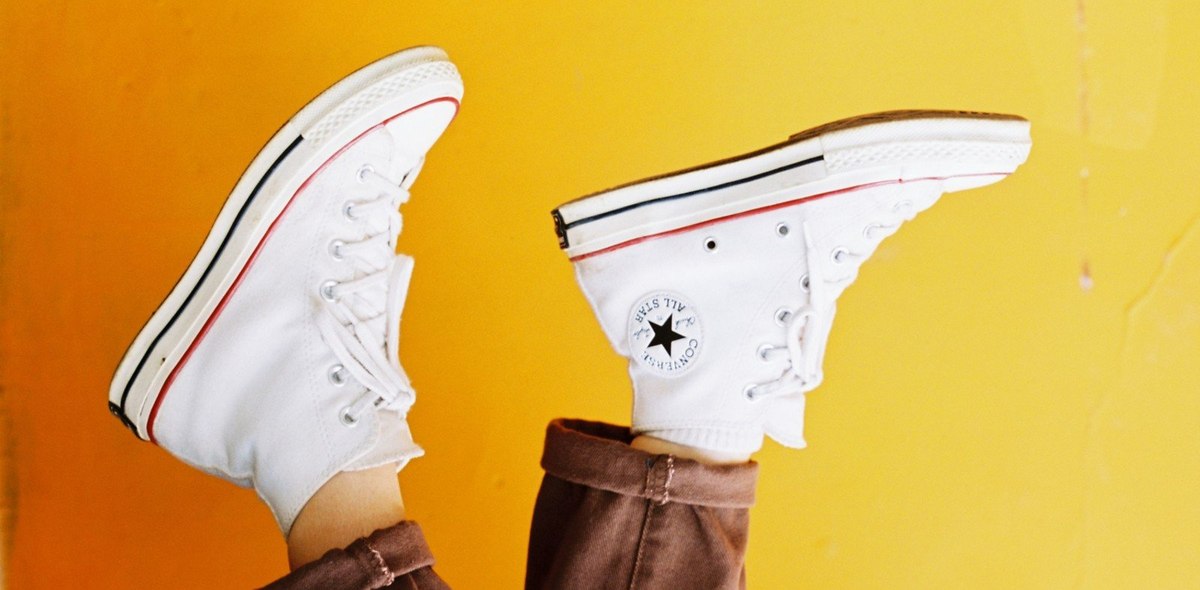
How brand conscious are consumers in Southeast Asia?
In September 2022, Southeast Asia’s (SEA) first working group to combat the online retail of counterfeit products was launched by a consortium of e-commerce platforms – that included Lazada, Tokopedia and Carousell – and consumer brands – amongst them tech company HP, sportswear maker Puma, automotive brand BMW and FMCG giant Procter & Gamble.
But how brand-conscious are SEA’s consumers when making purchases? To what extent do they tend to stick with particular brands they favour – and what proportion would do so even when competing brands offer a discount?
To what extent do consumers in Southeast Asia stick to buying from brands they like?
Latest data from YouGov Global Profiles show that consumers who are conscious of the brands they buy – and say they tend to stick with their favourite brands – number almost two in three in Indonesia and Singapore (65%) and more than half in Thailand (54%).
But most consumers in all three markets are likely to note the price before making their purchase. Less than half of Thai consumers say they buy from some brands “without even looking at the price” (43%), while less than one-third of Indonesian (29%) and Singaporean (23%) consumers say the same.
The most brand-loyal customers – who would stick to their favourite brand even when alternative brands are having a sale – make up almost one in seven of Indonesia’s consumers (13%), and around one in ten consumers in Singapore (10%) and Thailand (9%).
What’s the demographic profile of brand-conscious consumers in Indonesia?
Indonesian consumers who tend to stick to brands they like are significantly more likely to be female (68%) than male (62%) in general, and across various age bands. But they are equally likely to be of any age, as there is no significant difference between age groups.
What’s the demographic profile of brand conscious consumers in Singapore?
Singaporean consumers who tend to stick to brands they like are significantly more likely to be female (67%) than male (63%) in general. They are also more likely to be younger consumers aged 18-29 years than 30 years or older.
What’s the demographic profile of brand conscious consumers in Thailand?
Younger consumers aged 18-29 years are significantly more likely than older consumers aged 30 years and up to stick to brands they like. But they are equally likely to be male or female, as there is no significant difference between genders.
Make smarter business decisions with better intelligence. Understand exactly what your audience is thinking by leveraging our panel of 20 million+ members. Speak with us today.
- Register for monthly insights about the FMCG industry and retail industry.
- Read YouGov’s latest intelligence on the FMCG and retail sectors.
- Explore our living data – for free.
Methodology: YouGov Global Profiles is a globally consistent audience dataset with 1000+ questions across 43 markets. The data is based on continuously collected data from adults aged 16+ years in China and 18+ years in other markets. The sample sizes for YouGov Global Profiles will fluctuate over time, however the minimum sample size is always c.1000. Data from each market uses a nationally representative sample apart from India and UAE, which use urban representative samples, and China, Egypt, Hong Kong, Indonesia, Malaysia, Morocco, Philippines, South Africa, Taiwan, Thailand and Vietnam, which use online representative samples. Learn more about Global Profiles.